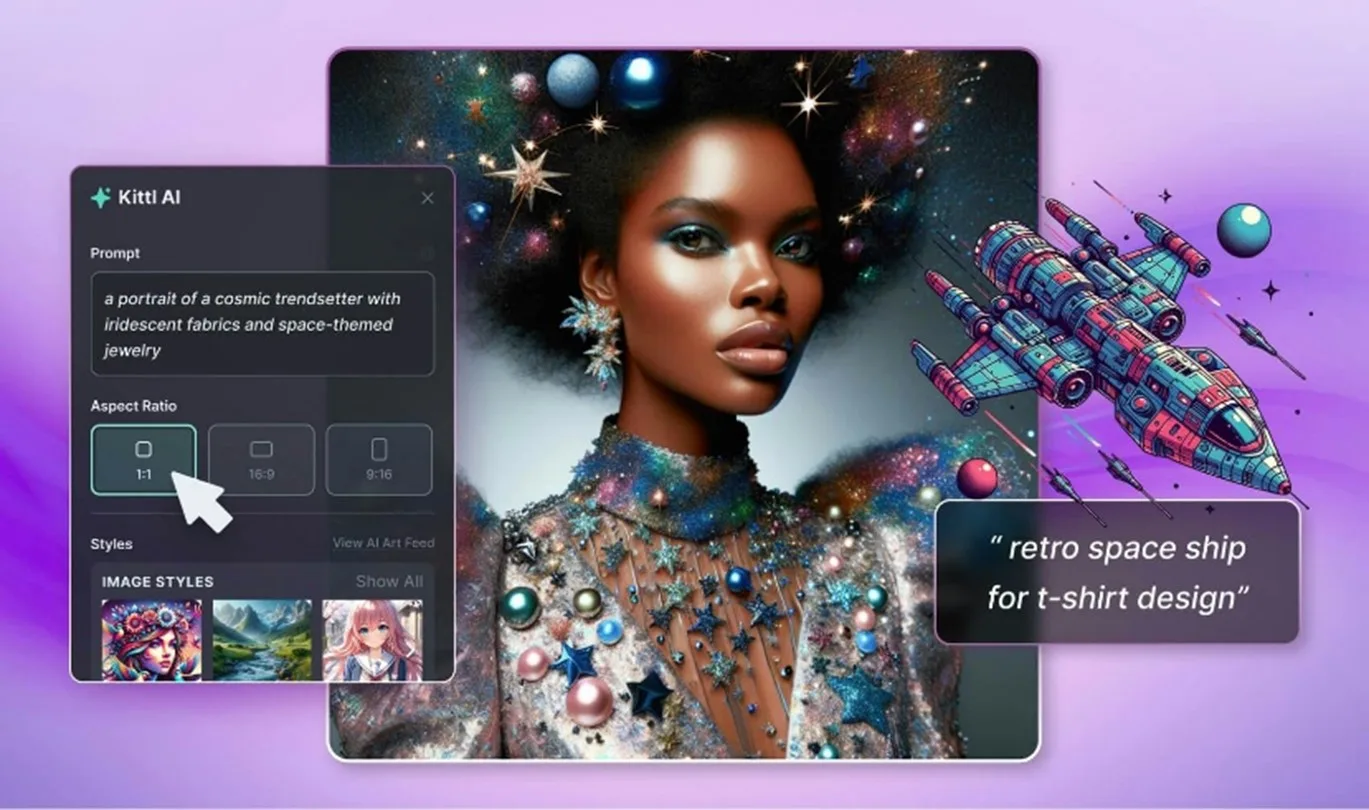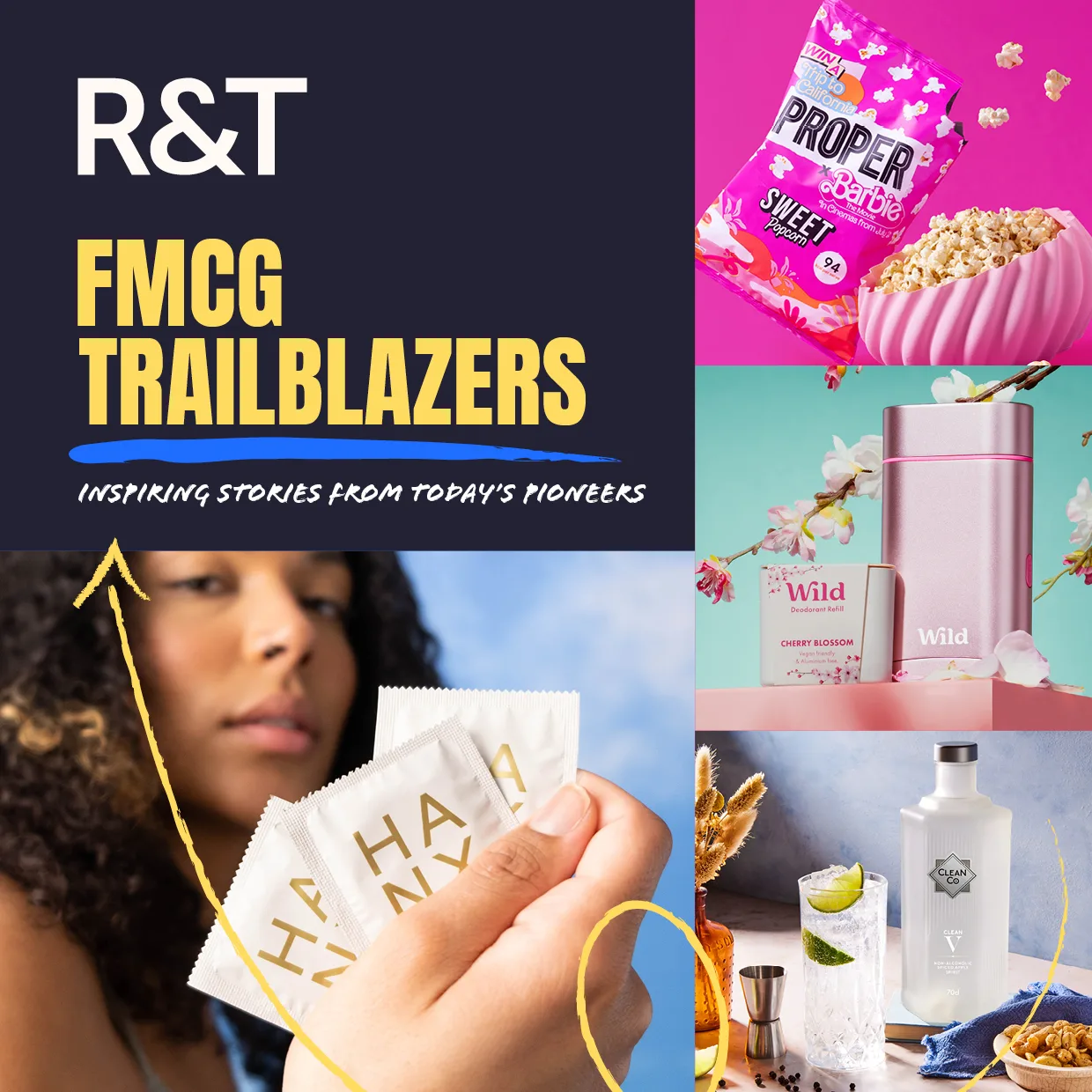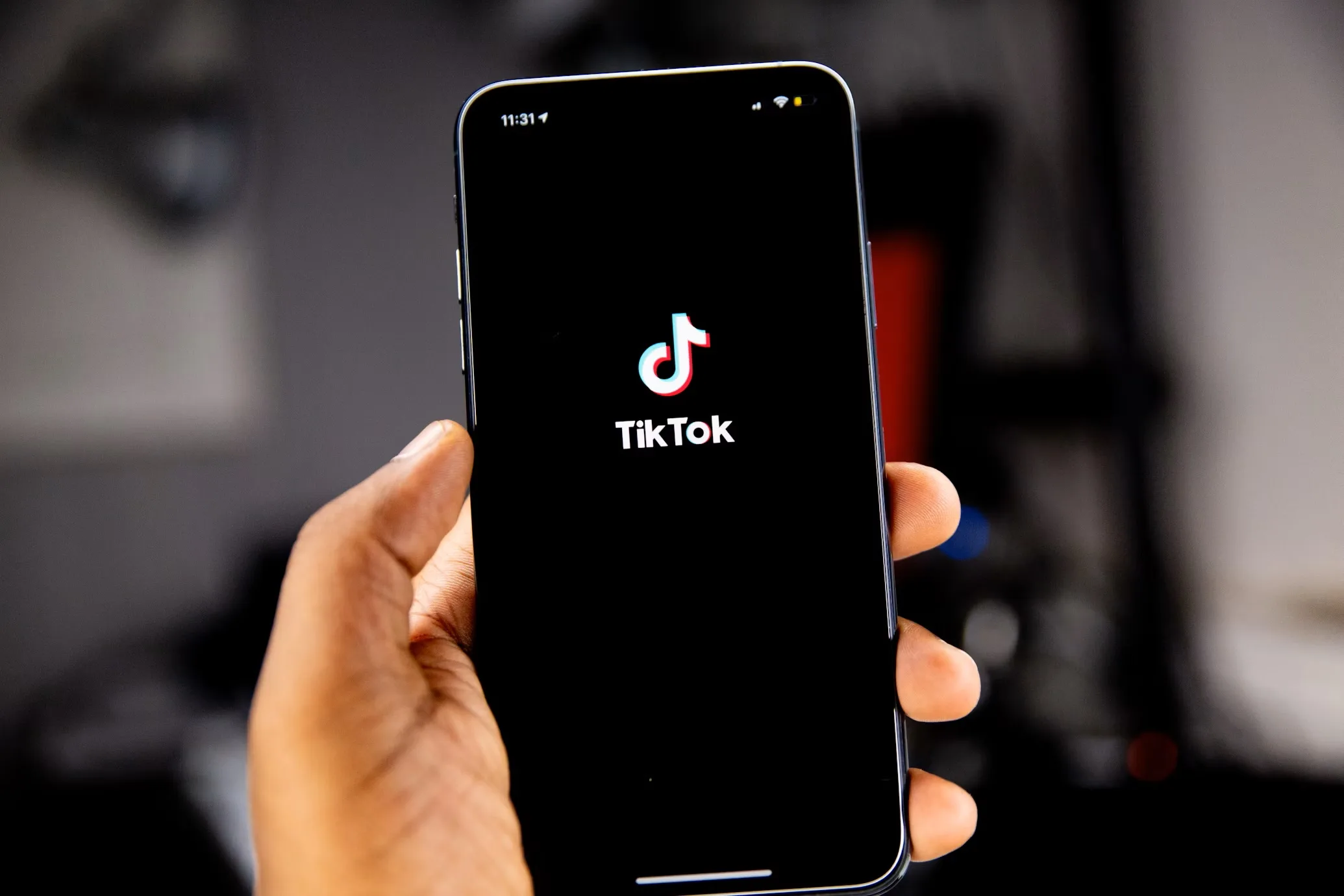
Last Thursday I was privileged to join a panel of agency leads from across Europe to discuss the impact of Covid-19 on communications, as part of International PR Week Europe.
What should brands do? What shouldn’t they do? What mistakes have they made, and what have they done well?
On the surface, there are many differences between us Europeans, especially when you look at it from a cultural perspective, consumer behaviours, and of course the different extents to which we’ve been hit by the pandemic.
However, we’re all still human, and when it comes down to it, we’re not really that different. There are lessons from across Europe that could benefit UK brands.
So what can we learn from three of our European friends?
Interestingly in Italy, PR was seen as a front-line activity, due to its close relationship with the news media, and was the only marketing discipline given that accolade. But what are Italian agencies advising their clients?
To be ethical, emotional, and authentic, and to focus on trust and love (how beautifully Italian). With consumers changing their buying habits, trust had to be re-earned, as brands are being judged by the way they’re communicating and acting during Covid-19.
In Germany, it’s been about keeping it local. Consumers are keen to support the local economy and at the same time reduce the miles products need to travel to reach them. It’s not all about money to German consumers, brands need authenticity and a purpose, and the young particularly, are champions of this.
But whilst they are sticking by brands they trust, they’re also watching the way they act very carefully and aren’t afraid to call out actions they dislike, even by the largest of brands. Enter stage left, Volkswagen, who were forced to pull a series of Instagram ads last month which were perceived as racist.
Just across the water in France, NGOs were held up as an example of a channel brands could work with to do good. But the key here was to be genuine, and do it for the right reasons, as opposed to a tick-box exercise or as a publicity platform. Pasta brand Barilla, for example donated two tonnes of pasta to an NGO that feeds the poor, but didn’t communicate it.
But ‘paying it forward’ is often rewarded, because karma is a real thing, and the NGO told the world about it on their social channels, resulting in positive coverage Barilla would probably never have got for themselves.
What can we learn from all this, and what is the common thread that UK brands can adopt?
Consumers will remember brands by the way they communicated during Covid-19. A fact backed up by a survey in Campaign, which found that one in three people have already stopped using a brand they think didn’t responded well during the pandemic.
The key to everything is to be honest, genuine, and authentic. Consumers expect integrity, they want their brands to do the right thing.
Covid-19 has removed the mask of hypocrisy. Authenticity is king.
Without authenticity, you’ll lose your audience in less time than it takes to say, “stay alert”, and it will take a while to earn it back.
Being authentic means keeping sight of your brand positioning, core brand values and key messaging. It means that consumers know we’re all in this together, so they don’t need you to tell them, while using it as a platform to sell more widgets. They see through it.
Many negative articles have been written about overly sentimental, grating and occasionally nauseating Covid ads (hello Facebook, Jack Daniel’s, Microsoft Teams, Virgin Media and British Airways), and rightly so. Why? Because they lack the A-word.
So if there’s one thing brands need to remember, whether in the UK or further afield, it’s this:
Stay Authentic. Protect Your Reputation. Save Sales.

Navigating the fast-paced media landscape requires a dedication to innovation and a deep grasp of industry trends. At the heart of this transformation is Artificial Intelligence (AI), a total game-changer reshaping how we handle tasks and workflows. If the thought of this new ‘co-worker’ freaks you out as much as… Read more

We’ve delved into the minds of some of the biggest brand innovators around to uncover their secrets of success and inspiration. Brands aren’t just threads in life’s fabric; they’re engines of inspiration. Behind these brands are some of the world’s most influential leaders, driving change and innovation. That’s why we’ve… Read more

It’s no secret that we’re currently living through the age of social media, where platforms such as TikTok have become more than just entertainment hubs with viral dances and comedic skits — but now a powerful marketing influence that’s totally shaping consumer behaviours and trends, particularly in world of grocery… Read more